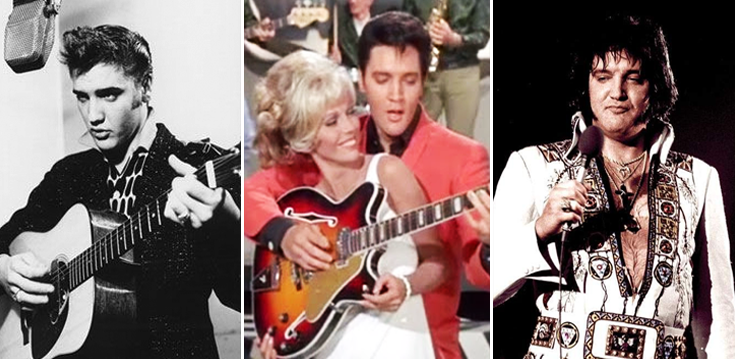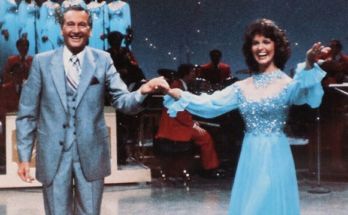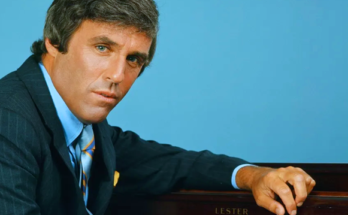

Elvis Presley has now been dead longer than he lived, and in the years since his untimely passing, the cruelty of time and the whims of social change have reduced his public persona entirely to caricature — and the general opinion of his immense body of recorded work to cornpone at best and cultural theft at worst. To call him the King of Rock & Roll in 2020 seems like a joke.
But the 40+ years of distance between today and the rabid Presleyana of the 1960s/70s, which went supernova with his death on August 16, 1977, gives us the advantage of fresh perspective. Anything is easier to appreciate when you’re not soaking in it, and though Elvis still looms large in our cultural mythology, surprisingly little of his music is heard today on the radio. There’s never been a better time to take a deeper dive into the Elvis catalog.
Honk Journal’s Eternally Elvis Playlist starts at the beginning, with sides cut in 1954 at Memphis’ storied Sun Studios, where the young Elvis famously walked in off the street one day to cut an acetate as a gift for his beloved mama. It’s not hard to argue that this is the hippest stuff he ever recorded. He’s young, he’s fired up, and he’s got Scotty & Bill pushing him hard. Drawing on white country and bluegrass and Black rhythm & blues, those early singles are entirely legitimate entries in the evolution of what came to be called rock & roll.
Of course, when given an instrument like Elvis’ voice, producers couldn’t help but to put all sorts of music underneath it. Soon Presley was recording ballads, pop tunes, Latin-tinged love songs, gospel numbers, folky jams and show tunes. Many of these are decidedly nowhere near “rock & roll” music.
His notoriously crooked manager, Andreas Cornelis van Kuijk (aka Col. Tom Parker), an illegal alien from the Netherlands and former carny, convinced Elvis to focus on his Hollywood film career, and so the vast majority of his 1960s recording output is made up of songs from the Elvis movies — of which he made 31 (THIRTY-ONE) between 1956 and 1969. Among the considerable dreck to be found on those soundtracks, however, are oddball delights such as “Earth Boy” (from “Girls! Girls! Girls!”), “Cotton Candy Land” (from “It Happened at the World’s Fair”), “Fort Lauderdale Chamber of Commerce” and “Do the Clam” (from “Girl Happy”) and “Spinout” (from the film of the same name).
The British Invasion and the huge cultural changes of the 1960s had the effect of neutering Elvis as an artist to be taken seriously, and he finally got sick of it. His 1968 “Comeback Special” on NBC reminded people of what they loved about him in the first place, and the next year he went to American Sound Studios in Memphis and recorded some of the best work of his life, including several hit singles and the From Elvis in Memphis LP.
At this point we are in Jumpsuit Elvis territory and there’s no turning back. His live-via-satellite concert in Hawaii kept his public profile high, and he continued to record prolifically. Yet one has to wonder how he was choosing his material, as the songs on the remaining albums of his career veer all over the map in quality and style. By 1973’s Raised on Rock album, funky wah guitars and heavy Hammond organs start to pepper the arrangements, but for every tough, strutting “If You Don’t Come Back,” there’s a syrupy, anodyne “Are You Sincere?”
Just four weeks before Elvis’ death, RCA released the Moody Blue LP (on blue vinyl!), featuring the title cut, which actually topped the country chart and made the Billboard pop Top 40, to boot. It must have been a relief to Elvis that he could still put out a hit record in a time when the popular music landscape was being divided up by disco, punk, prog and proto-yacht rock.
And so our playlist ends with “Moody Blue,” recorded in the Jungle Room at Graceland, and a live version of Elvis singing the eternal chestnut “Unchained Melody” while accompanying himself on the piano, recorded in Ann Arbor, Michigan, just six months before he died. Even sick and fat and drugged half out of his mind, nothing short of the grave could stand up to the power of that voice.
The King is dead — long live the King!



